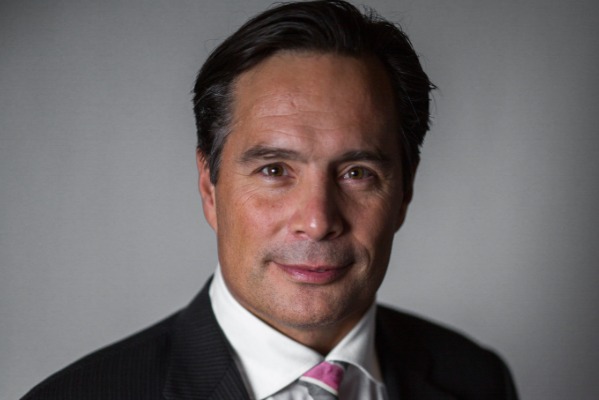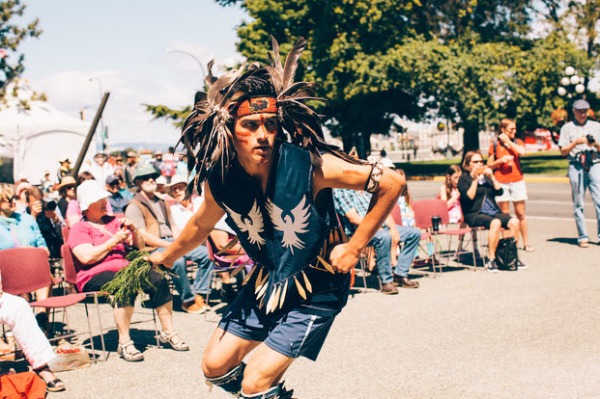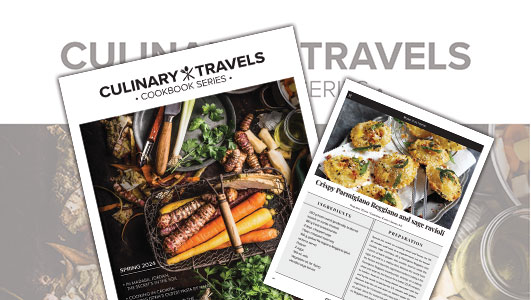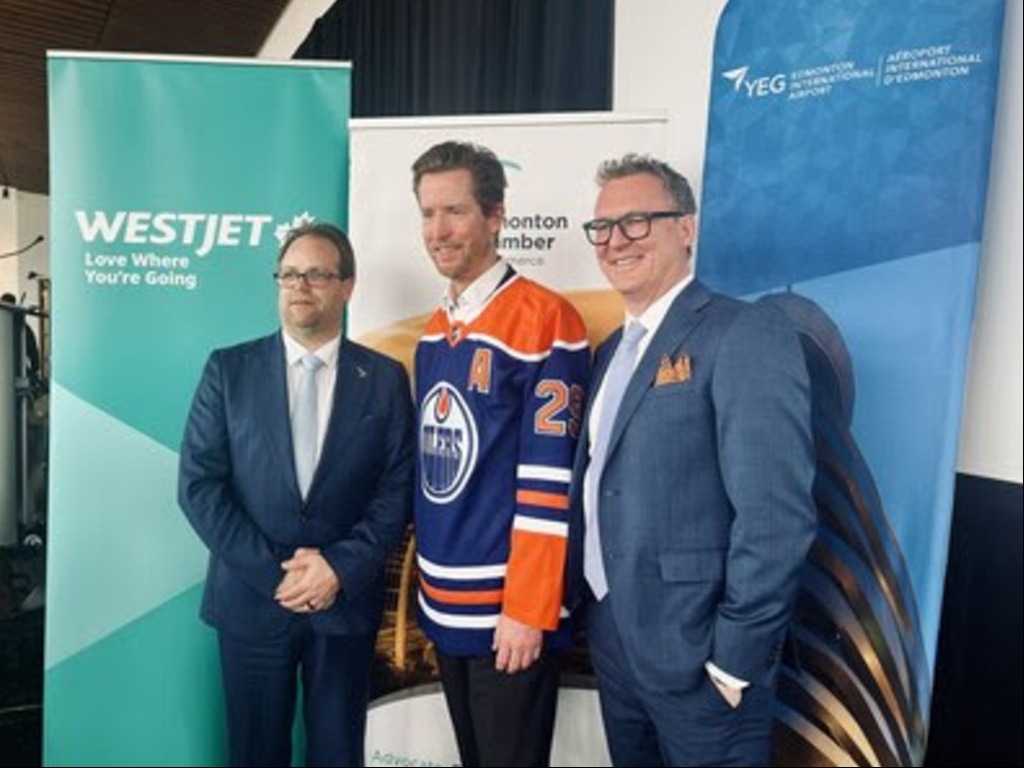Advocacy Works, ITAC Secures Temporary Funds, Needs More

Through its funding advocacy campaign, the Indigenous Tourism Association of Canada (ITAC) has been able to secure just enough funding from partners to maintain basic operations with a modest domestic marketing campaign for this summer.
Through that funding, ITAC will be able to promote Indigenous tourism operators from coast to coast to coast – though efforts will continue to be scaled back as the federal government didn’t allocate the $68.3M of funding over four years requested in ITAC’s Strategic Recovery Plan and COVID-19 Second Wave Response in the 2021 Federal Budget.
ITAC president and CEO, Keith Henry commented: “We want to thank everyone that continues to back our efforts in securing additional resources that will help us in lifting up and supporting Indigenous voices and businesses.”

Henry continued: “We’ve seen your news reports, letters and outcry for support, and we sincerely thank you. Your voices have helped us gain a small portion of our funding back and we are eager to announce a broader investment in the next couple of weeks.”
While ITAC is grateful for partners that have stepped up in this time of need, the organization continues to advocate for additional funds to prevent more Indigenous tourism businesses from closing their doors, help stabilize provincial and territorial Indigenous tourism associations and maintain ITAC operations.
The association also made it clear that it will continue to advocate for a more long-term Indigenous-led solution.
The temporary funding will help ITAC launch a new campaign on Indigenous People’s Day (June 25) and as travel restrictions begin to ease, to help promote Indigenous tourism operators in an effort to rebuild what was lost during the pandemic.
The campaign will educate travellers to better identify and book authentic Indigenous experiences; highlight unique travel experiences and Indigenous voices; showcase the diversity and empowerment of Indigenous cultures; and modernize travellers’ perceptions of what an Indigenous experience is.


